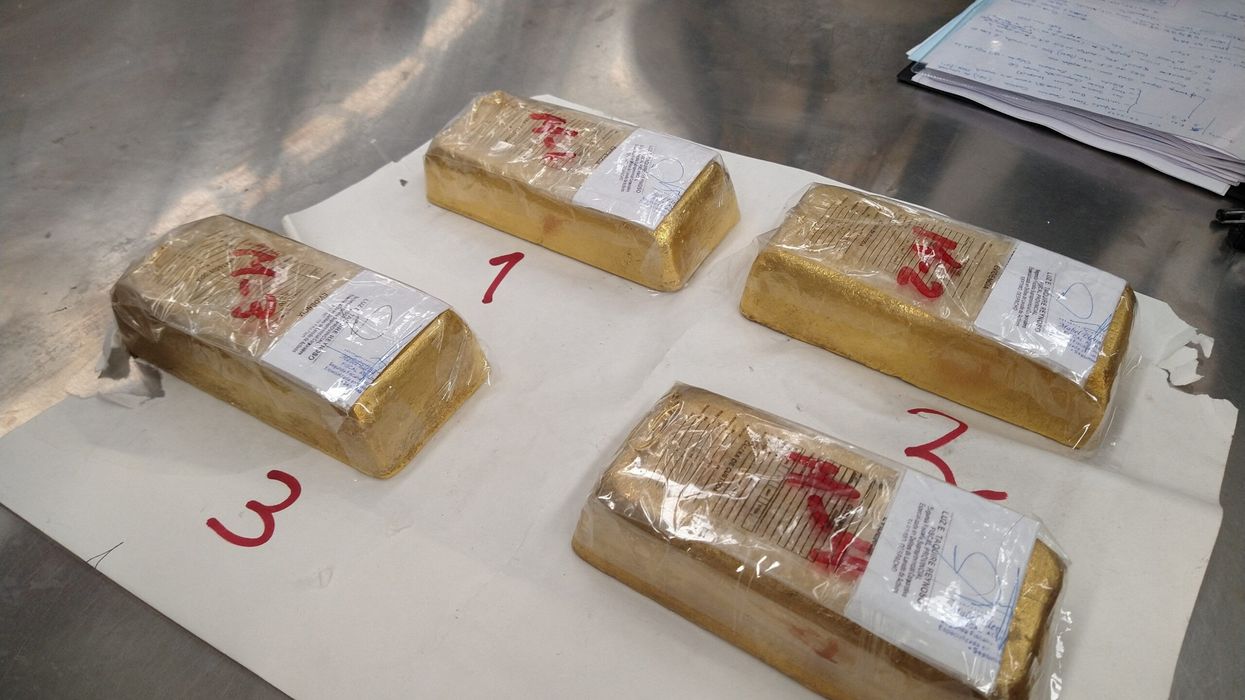Billions of pounds' worth of gold is smuggled out of Africa each year, with much of it heading to Dubai before being legally re-exported to other countries, according to a report by a Swiss NGO on.
The NGO Swissaid reported that 321-474 tonnes of African gold produced through artisanal and small-scale mining goes undeclared annually, representing a value of between £19-28 billion.
Africa is the world's leading gold-producing continent, with Ghana, South Africa, Mali, and Burkina Faso leading production in 2022.
According to the NGO, the smuggling of African gold has "more than doubled between 2012 and 2022".
The NGO stated that the precious metal is "a source of income for millions of artisanal miners, the main source of revenue for many governments, a means of financing armed groups, and the cause of serious human rights violations and environmental degradation".
The report highlighted Dubai as an international hub for the trade of African gold, which is then exported to countries including Switzerland.
The NGO estimates that in 2022, "66.5 percent (405 tonnes) of the gold imported into the UAE from Africa was smuggled out of African countries".
It arrives in Dubai by plane, "in hand luggage or in the hold, on scheduled flights or in private jets."
The emirate hosts gold refineries and thousands of precious metal and gemstone traders.
From Dubai, African gold is mainly sent to Switzerland, its "second-largest importer", and also to India.
Under Swiss law, the last place where the gold is processed is considered its place of origin, so gold arriving in Switzerland is not traced back to Africa, the NGO explained.
The report covers the period from 2012 to 2022 and is based on data collected from 54 African countries, cross-referencing gold production data with official export and import data.
(AFP)





